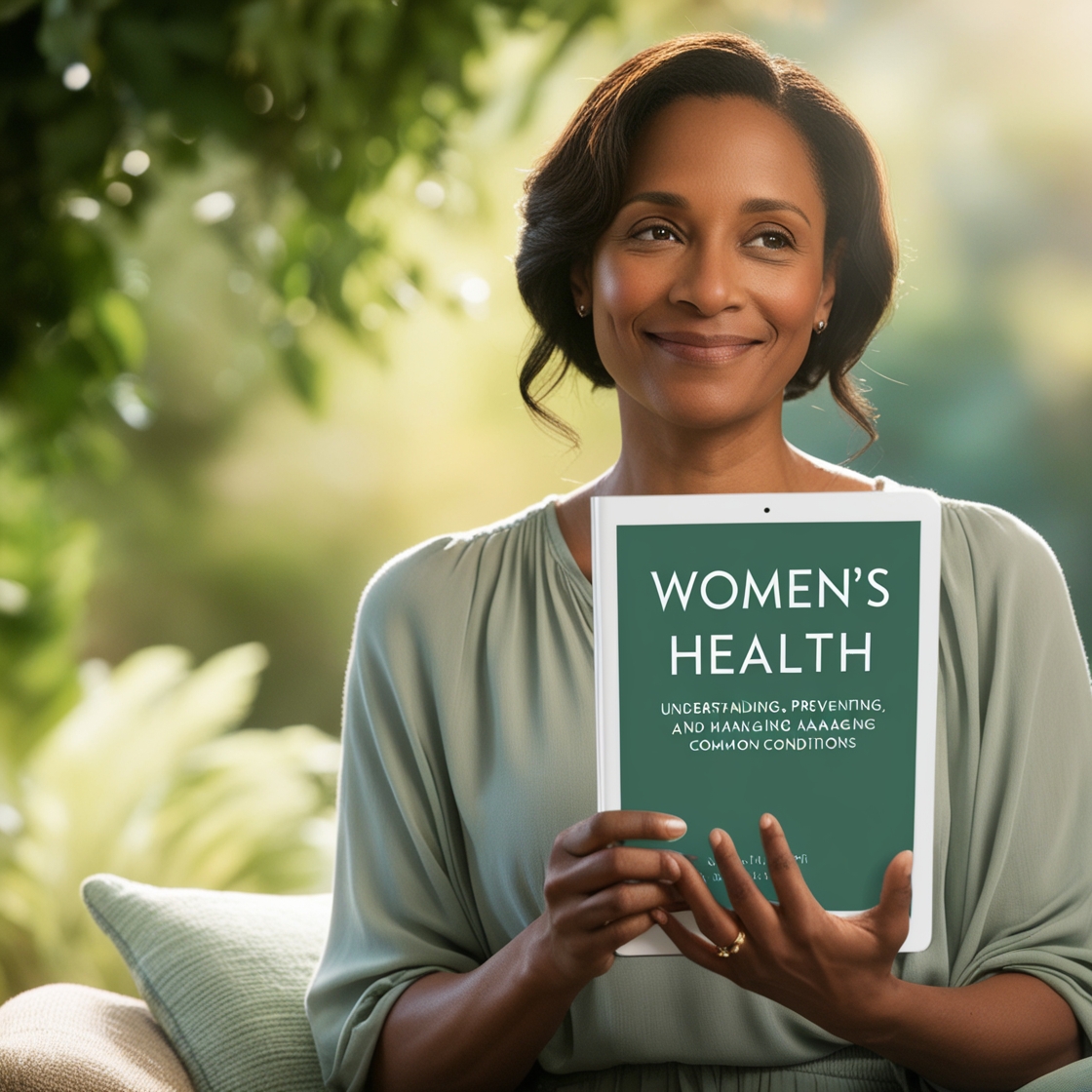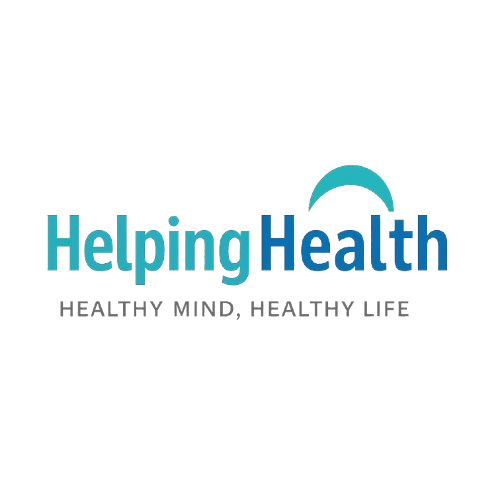
Women’s Health: Understanding, Preventing, and Managing Common Conditions
Learn about women’s health conditions including PCOS, endometriosis, breast cancer, osteoporosis, and reproductive health. Explore prevention tips, treatments, and healthy lifestyle routines for long-term well-being.
Introduction: Why Women’s Health Matters
Women’s health is a broad and vital field that goes far beyond reproductive concerns. While men and women share many health issues, women are more prone to specific conditions due to
hormonal cycles, pregnancy, menopause, and genetic factors. Unfortunately, women’s health is often under-prioritized, even though early awareness and prevention can drastically improve quality of life.
In this article, we’ll dive into some of the most common women’s health conditions, their causes, symptoms, prevention strategies, and treatments. We’ll also discuss how lifestyle changes and medical care together can ensure “Helping Health” builds a future where every woman thrives with a healthy mind and healthy life.
1. Common Women’s Health Conditions
1.1 Polycystic Ovary Syndrome (PCOS)
-
What it is: A hormonal disorder affecting women of reproductive age.
-
Causes: Insulin resistance, genetics, hormonal imbalance.
-
Symptoms: Irregular periods, weight gain, acne, excessive hair growth, infertility.
-
Prevention & Management:
-
Healthy diet low in refined carbs.
-
Regular exercise.
-
Stress reduction.
-
Medical treatments like birth control pills, metformin.
-
1.2 Endometriosis
-
What it is: A painful condition where tissue similar to the lining of the uterus grows outside it.
-
Causes: Exact cause unknown but linked to genetics, immune dysfunction, and retrograde menstruation.
-
Symptoms: Severe menstrual cramps, heavy bleeding, infertility, chronic pelvic pain.
-
Management:
-
Pain relief with NSAIDs.
-
Hormonal therapies.
-
Surgical removal of tissue in severe cases.
-
1.3 Breast Cancer
-
Prevalence: Most common cancer in women worldwide.
-
Risk Factors: Age, family history, obesity, alcohol, lack of exercise.
-
Symptoms: Lumps in the breast, nipple discharge, changes in breast shape.
-
Prevention:
-
Regular self-exams and mammograms.
-
Maintaining a healthy weight.
-
Limiting alcohol.
-
Early diagnosis improves survival drastically.
-
1.4 Osteoporosis
-
What it is: A condition causing weak, brittle bones, common in postmenopausal women.
-
Causes: Hormonal changes, calcium/vitamin D deficiency, sedentary lifestyle.
-
Symptoms: Often silent until fractures occur.
-
Prevention:
-
Weight-bearing exercises.
-
Adequate calcium and vitamin D.
-
Avoiding smoking and excessive alcohol.
-
1.5 Reproductive & Menstrual Health
-
Conditions: Irregular periods, PMS, infertility, pregnancy complications.
-
Key Concerns: Lack of awareness and stigma often delay treatment.
-
Tips for Better Reproductive Health:
-
Regular gynecological check-ups.
-
Safe sexual practices.
-
Balanced diet rich in iron and folate.
-
2. Mental Health and Women
Women are nearly twice as likely as men to suffer from depression and anxiety. Hormonal changes during puberty, pregnancy, and menopause contribute to vulnerability.
Common Mental Health Issues:
-
Postpartum depression.
-
Anxiety disorders.
-
Stress from balancing work and family.
Management & Prevention:
-
Stress-reduction techniques (yoga, meditation, journaling).
-
Professional therapy or counseling.
-
Building supportive networks.
3. Healthy Lifestyle Tips for Women’s Health
3.1 Nutrition for Women
-
Eat calcium-rich foods for bone health.
-
Include omega-3 fatty acids for heart and brain health.
-
Focus on fiber-rich vegetables and whole grains.
-
Limit sugar and processed foods.
3.2 Exercise
-
Cardio: At least 150 minutes weekly.
-
Strength Training: Essential for bone and muscle health.
-
Yoga & Pilates: For stress relief and flexibility.
3.3 Preventive Screenings
-
Pap smears for cervical cancer.
-
Mammograms for breast cancer.
-
Bone density tests after menopause.
-
Regular blood pressure and cholesterol checks.
4. Myths & Misconceptions in Women’s Health
-
Myth: Irregular periods are always normal.
-
Truth: They can signal PCOS or thyroid issues.
-
-
Myth: Breast cancer only happens if you have a family history.
-
Truth: Most women with breast cancer don’t have a family history.
-
-
Myth: Osteoporosis is only an old-age disease.
-
Truth: Bone health should be protected from a young age.
-
5. Role of Awareness & Community
Women’s health improves when there is open communication, awareness, and supportive environments. Platforms like Helping Health aim to connect women with the right knowledge and resources.
Conclusion
Women’s health isn’t just about managing diseases; it’s about empowering women with knowledge and lifestyle practices that help them lead stronger, healthier lives. From reproductive health to chronic disease prevention, awareness is the first step toward healing.
As Helping Health emphasizes: “Healthy mind, healthy life.” By focusing on prevention, timely treatment, and holistic wellness, women everywhere can embrace healthier futures.
